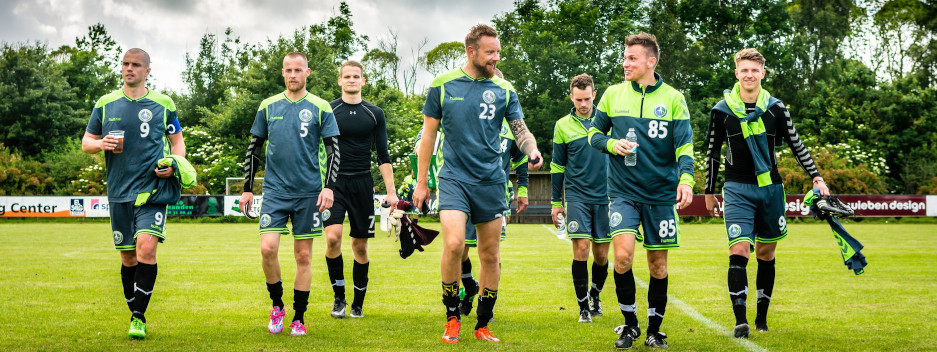Avoiding Player Burnout
- October 14th, 2020
- Matt Morrison

If you could summarise the aim of any coach on an player level, it would probably be something along the lines of:
"To facilitate the development of a player to where they reach their potential"
Playing sport can be a tough environment, with a lot of ups and downs. Players face stressors from internal and external competition, time conflicts, social anxiety and tough losses.
Across multiple seasons the mental dedication and physical hard work required to cope with these challenges and keep bouncing back can sometimes cause 'player burnout' before an individual has reached their sporting potential.
What Is Player Burnout?
Burnout means physical or emotional exhaustion caused by long-term stress. An instinctive method of dealing with stress is avoidance and this is one of the reasons why statistically there is a gradual decline in sport participation as we get older.
As well as participation, player burnout also includes players that continue to participate, but not put in the same effort as they are capable of. So what are our top tips for you to avoid player burnout and help get players reaching their potential...
A Few Tips To Avoid Player Burnout?
It is widely agreed that individuals who engage in activities for intrinsic (self) reasons such as enjoyment are much more likely to stay motivated than those who are motivated by external factors such as winning.
There are three basic human needs that contribute to a popular psychological theory of 'Self Determination'. I want to focus on how you can apply these three needs to your role as the coach, in order to increase motivation in your team and avoid burnout. These are:
Relatedness
Relatedness is the need to feel a sense of belonging and importance. A sports club should be much more than somewhere that players turn up, play and then go home. You should try and make your team feel like a community, where players look out for and want the best for each other.
One tip is to talk often to your team about the importance of teamwork, then give all of your players a specific role and explain to them how their role is important to the team as a whole.
Also, make sure there is plenty in the teams calendar apart from training and fixtures, more social engagement within your team will mean your players will feel a sense of belonging. As well as increasing team cohesion and giving them something to look forward to!
Autonomy
Give every individual the confidence to make informed decisions on their own. You need your team to be wholeheartedly behind what they are doing, this means giving them a choice, whether this is what they do at training or your tactics. For example, give your players options at training:
"After the warm up, do you want to work on movement off the ball or defensive structure?" "Do you want to do fitness at the start or at the end of your session?"
This needs to be balanced with what you know is best for the team's performance but sometimes you will have to compromise as a coach. Keep training fun by having a different plan each time - too many similarities between sessions will lead to players getting bored and losing motivation.
Competence
This is when people feel that they have the skills needed for success. One way to make sure your players have this feeling is to set lots of achievable short term goals. It is good to have an ambitious long term goal but by having lots of smaller checkpoint goals you are constantly giving your players a sense of achievement.
At practices when you are working on a skill, make sure the drill or game is simple enough at first so that all the players get a sense of mastery first, then progress the drill to make it more challenging.
Give your players lots of positive feedback in the form of praise when they do something well. When they make mistakes, it is best to point out how they can be better next time, rather than just saying it was wrong and causing them to dwell on a mistake.
As a coach, we want to get the best performance out of our players and team. But whether it is with young children or high performing adults, it is important to remember that sport is a tough environment already! So by putting a bit more emphasis on how individuals feel, performance and longevity in Sport can be massively improved too!